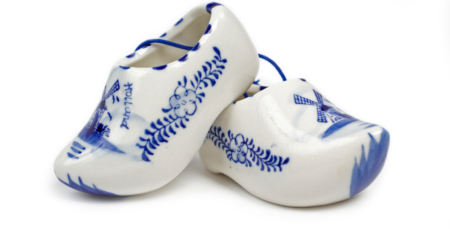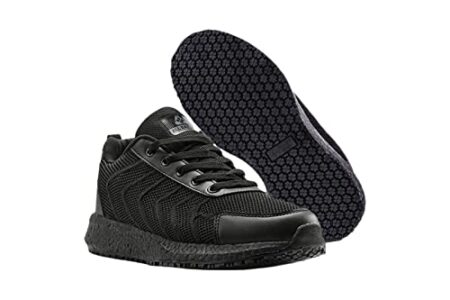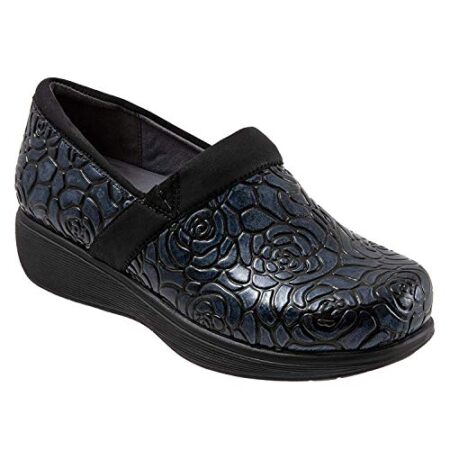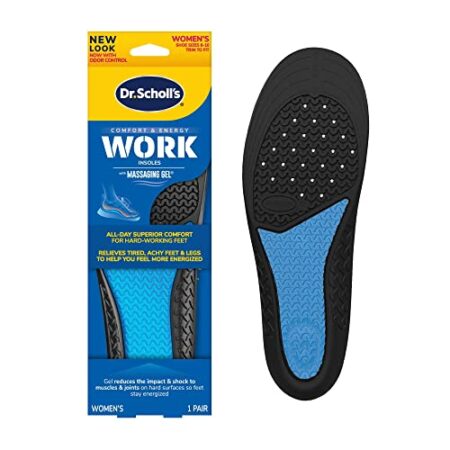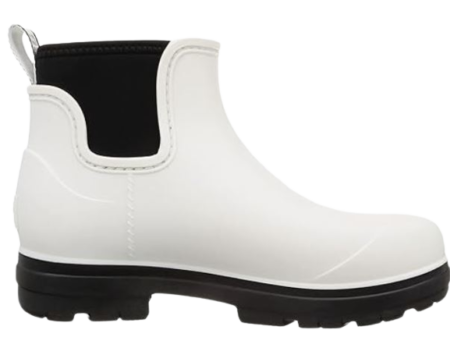Nurse shoes are an essential part of a healthcare worker’s uniform. They are designed to provide comfort, support, and protection during long shifts. However, working in a healthcare environment can expose nurses’ shoes to various contaminants, including blood, bodily fluids, and harmful pathogens. As a result, it’s crucial to keep your nurse shoes clean to prevent the spread of infection and maintain their longevity.
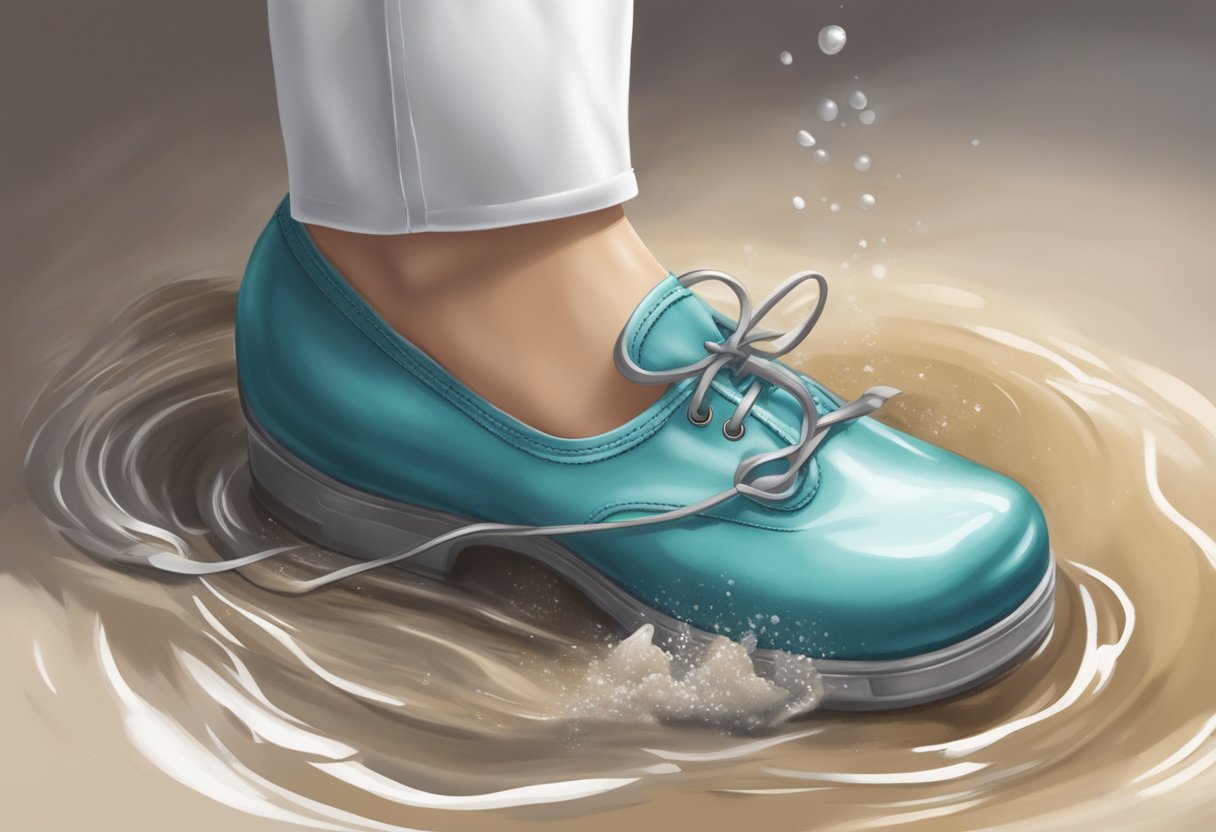
Understanding Nurse Shoes Before you start cleaning your nurse shoes, it’s essential to understand the different materials and styles they come in. Most nurse shoes are made of leather, synthetic materials, or a combination of both. Some styles have laces, while others have slip-on designs. Knowing the type of nurse shoes you have will help you choose the appropriate cleaning method and products.
Preparation for Cleaning Cleaning your nurse shoes requires some practice. You’ll need to remove any excess dirt and debris from the shoes before cleaning them. You can do this by wiping them with a damp cloth or using a soft-bristled brush. It’s also essential to read the manufacturer’s instructions to ensure you don’t damage your shoes during cleaning.
Key Takeaways
- Understanding the type of nurse shoes you have is crucial before cleaning them.
- Preparing your nurse shoes before cleaning is essential to avoid damage.
- Regular cleaning and disinfecting of nurse shoes can prevent the spread of infection.
Understanding Nurse Shoes

As a nurse, you spend a lot of time on your feet, so having the right shoes is essential. Nurse shoes are designed to provide comfort and support, as well as protect your feet from spills and other hazards. Here are some things to remember when choosing and caring for your nurse shoes.
Materials
Nurse shoes can be made from various materials, including leather, synthetic materials, and rubber. Leather nursing shoes are durable and breathable, but they can be more expensive than synthetic materials. Artificial materials are often more affordable and easier to clean, but they may not be as durable as leather. Rubber shoes are waterproof and easy to clean, making them a good choice for nurses who work in wet environments.
Comfort
Comfort is key when it comes to nurse shoes. Look for shoes with good arch support and cushioning to help prevent foot pain and fatigue. Many nurse shoes also have features like slip-resistant soles and breathable linings to keep your feet cool and dry.
Size Chart
It’s essential to choose the right size when buying nurse shoes. Most brands provide a size chart to help you find the right fit. Measure your feet and refer to the size chart before purchasing.
Plantar Fasciitis
If you suffer from plantar fasciitis, you may want to look for nurse shoes with extra arch support and cushioning. Some brands even make shoes specifically designed for people with plantar fasciitis.
Clogs
Clogs are a popular choice for nurses because they’re easy to slip on and off and provide good arch support. However, they may not be suitable for all work environments, so check with your employer before wearing clogs.
Investment
Nurse shoes are an investment in your health and comfort, so it’s important to choose a high-quality pair that will last. While they may be more expensive than regular shoes, nurse shoes are designed to withstand the demands of a busy nursing shift.
By understanding the different materials, comfort features, and sizing options available, you can choose the best nurse shoes for your needs. With proper care and maintenance, your nurse shoes can provide years of comfort and support.
Preparation for Cleaning
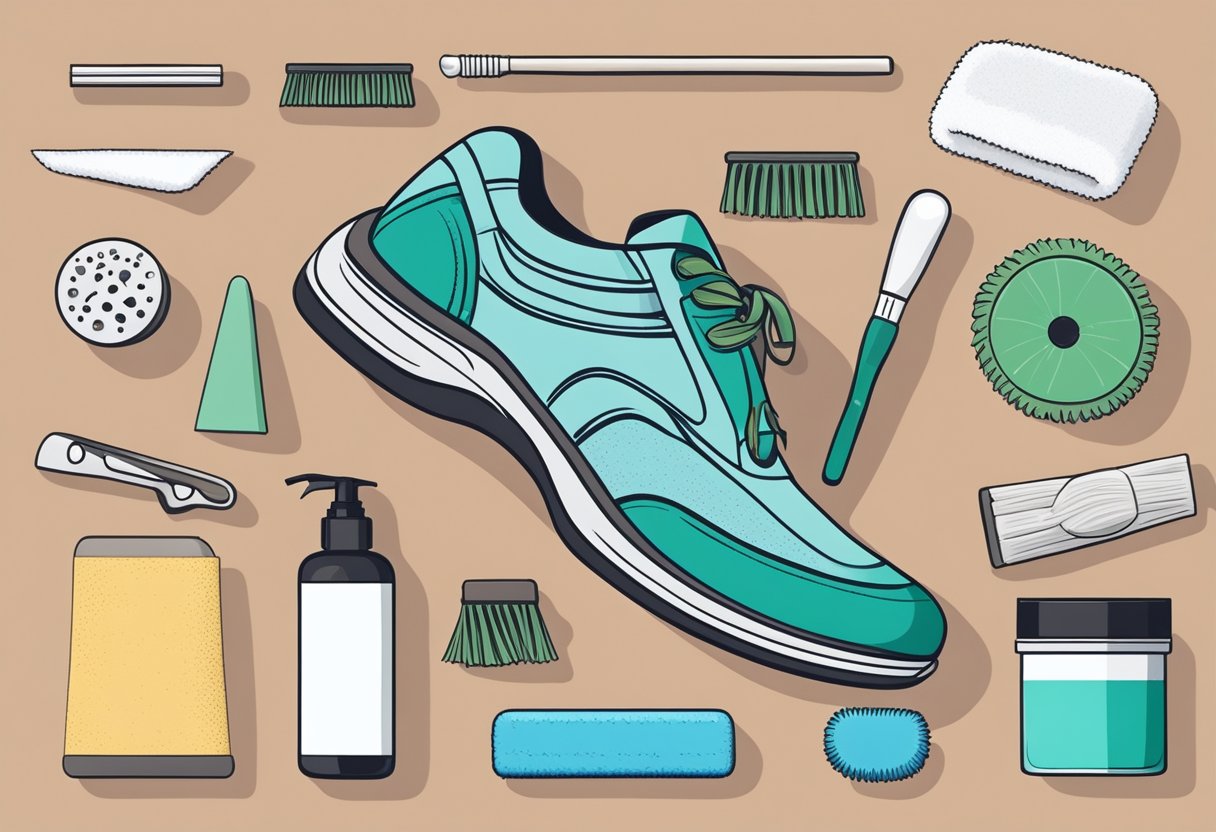
Before you start cleaning your nurse shoes, you need to prepare them properly. Follow these steps to ensure that your shoes are ready for cleaning:
- Remove the laces: Take out the laces from your shoes so that you can clean them separately. This will help you to get a more thorough clean and also prevent any damage to the laces.
- Remove the insoles: Take out the insoles from your shoes. This will help you to clean the inside of your shoes more effectively. You can also replace the insoles if they are damaged or worn out.
- Check for scuff marks: Look for any scuff marks on your shoes. If you find any, use a scuff remover to remove them. This will help to restore the appearance of your shoes.
By following these steps, you can ensure that your nurse shoes are properly prepared for cleaning. This will help you to get the best possible results and ensure that your shoes look and feel great.
Cleaning Techniques

When it comes to cleaning your nurse shoes, there are several techniques you can use. Depending on the type of shoe and the level of dirt or stains, some methods may work better than others. Here are some cleaning techniques to consider:
Wipes
One of the easiest ways to clean your nurse shoes is with wipes. There are many types of wipes available, including disinfectant wipes and shoe wipes. Wipe down the shoe with the wipe, paying attention to any areas with dirt or stains. This method is quick and convenient but may not be effective for heavy-duty cleaning.
Hand Washing
For a more thorough cleaning, hand washing is a good option. Fill a basin with warm water and add a small amount of detergent. Dip a soft cloth into the water and gently scrub the shoe, paying attention to areas with dirt or stains. Rinse the shoe with clean water and let it air dry.
Washing Machine
If your nurse shoes are machine washable, you can use the washing machine to clean them. Be sure to check the care label to ensure that the shoes are safe to wash in the machine. Use a gentle cycle and a mild laundry detergent. Avoid using fabric softener, as it can damage the shoes. Once the process is complete, let the shoe air dry.
Vinegar
Vinegar is a natural cleaning agent used to clean your nurse’s shoes. Mix equal parts water and vinegar in a spray bottle. Spray the solution onto the shoes and wipe them down with a soft cloth. This method is effective for removing odors and stains.
Shoe Polish
Shoe polish is a good option for leather nurse shoes. Apply a small amount of shoe polish to a soft cloth and rub it into the shoe in a circular motion. Let the shoe dry for a few minutes, then buff it with a clean cloth. This method will help restore the shine and color of your leather nurse shoes.
Disinfectant Wipes
In addition to regular cleaning, it’s important to disinfect your nurse shoes to prevent the spread of germs. Disinfectant wipes are a quick and easy way to do this. Wipe down the shoes with the disinfectant wipe, paying attention to any areas that come into contact with patients or other potentially contaminated surfaces.
By using these cleaning techniques, you can keep your nurse shoes looking and smelling fresh while also maintaining their durability and longevity.
Disinfecting Nurse Shoes
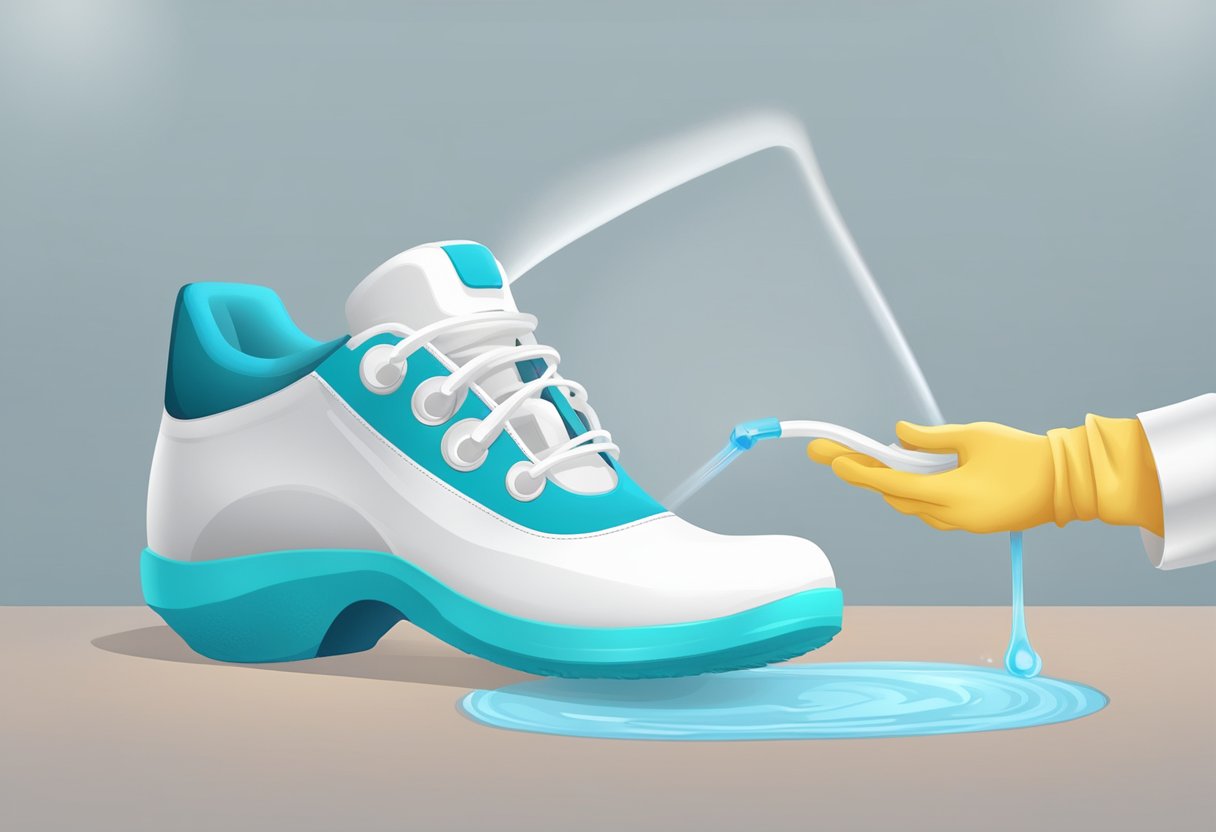
As a nurse, it is vital to keep your shoes clean and disinfected to prevent the spread of bacteria and other harmful microorganisms. When it comes to disinfecting your nurse shoes, there are several effective methods you can use.
One of the easiest and most effective ways to disinfect your nurse shoes is to use disinfectant wipes. These wipes are designed to kill bacteria and other harmful microorganisms on surfaces, including your shoes. Wipe down your shoes with the disinfectant wipes and allow them to air dry.
Another effective method for disinfecting your nurse shoes is to use bleach. Mix a solution of one part bleach to ten parts water and use a cloth or sponge to apply the solution to your shoes. Thoroughly rinse your shoes with water after applying the bleach solution to remove any residue.
If your nurse shoes have come into contact with body fluids, it is critical to disinfect them immediately. You can use a commercial disinfectant solution or a mixture of bleach and water to disinfect your shoes in this situation.
In addition to disinfecting your nurse shoes, it is also important to regularly clean them to remove dirt and other debris. You can use a soft-bristled brush and mild soap to clean your shoes, being careful not to damage any of the materials.
By regularly disinfecting and cleaning your nurse shoes, you can help prevent the spread of bacteria and other harmful microorganisms in your workplace.
Drying and Deodorizing

After cleaning your nurse shoes, it’s important to properly dry and deodorize them to prevent mold and unpleasant smells.
Firstly, avoid using a dryer to dry your shoes, as the high heat can damage the material. Instead, stuff your shoes with newspaper to help absorb moisture and maintain their shape. Leave them in a well-ventilated area to air dry naturally.
To deodorize your shoes, sprinkle some baking soda inside and let it sit for a few hours before shaking it out. You can also use activated charcoal or tea bags to absorb odors. Avoid using strong-smelling sprays or perfumes, as they can irritate your skin and worsen the smell.
Remember to regularly clean and dry your nurse shoes to maintain quality and extend their lifespan.
Maintaining Nurse Shoes

As a nurse, your shoes are an essential part of your uniform and are subjected to a lot of wear and tear. Here are some tips to help you maintain your nurse shoes:
Feet
First and foremost, it’s important to take care of your feet. Make sure you have the right size shoes and wear socks that wick away moisture. This will help prevent blisters and keep your shoes smelling fresh.
Odor
Nurse shoes can develop an unpleasant odor due to the nature of the job. To combat this, sprinkle baking soda or cornstarch inside your shoes and let it sit overnight. In the morning, shake out the excess powder, and your shoes will smell much better.
Rotate
It’s important to rotate your nurse shoes to prevent excessive wear and tear. Try to have at least two pairs of shoes to alternate between. This will also give your shoes time to air out and dry between shifts.
Spill
If you spill something on your nurse shoes, clean them as soon as possible to prevent stains from setting in. Use a damp cloth to wipe away any excess liquid, and then use a mild soap and water to clean the affected area. Be sure to let your shoes dry completely before wearing them again.
ShiftShield
Consider using a ShiftShield or similar product to protect your shoes from spills and stains. These products are designed to be placed over the top of your shoes and can be easily removed and washed.
Moisturize
Leather nurse shoes can benefit from a little extra care. Use a leather conditioner to moisturize the leather and keep it supple. This will help prevent cracking and extend the life of your shoes.
By following these tips, you can help keep your nurse shoes looking and smelling great.
Frequently Asked Questions

Can I clean my nurse shoes in a washing machine?
Yes, most nursing shoes can be cleaned in a washing machine. However, it is important to check the manufacturer’s instructions. Some nursing shoes may require hand washing or spot cleaning only.
How do I clean my hospital shoes if they’re really dirty?
For heavily soiled nursing shoes, start by wiping off any excess dirt or debris with a dry cloth. Then, use a soft-bristled brush or toothbrush to scrub away any remaining dirt. You can also use a mild soap and water solution to help remove stubborn stains.
What are some tips for keeping nursing shoes from smelling?
To keep your nursing shoes from smelling, try sprinkling baking soda inside them after each use. You can also use odor-absorbing insoles or shoe deodorizers. Let your nursing shoes air out between wears, and avoid wearing them for extended periods.
Any tricks for getting white nursing shoes clean again?
To get white nursing shoes clean again, try using a mixture of baking soda and water to create a paste. Apply the paste to any stains or discoloration and let it sit for 10-15 minutes before wiping it away with a damp cloth. You can also try using a white vinegar and water solution to help brighten white nursing shoes.
How can I clean my white nurse shoes without damaging them?
To clean white nursing shoes without damaging them, avoid using harsh chemicals or abrasive materials. Stick to mild soap and water solutions and use a soft-bristled brush or cloth to scrub away any stains or dirt gently.
Is there a specific cleaner recommended for nursing shoes?
While there is no specific cleaner recommended for nursing shoes, it is important to check the manufacturer’s instructions before using any cleaning products. Some nursing shoes may require special care or cleaning solutions.


